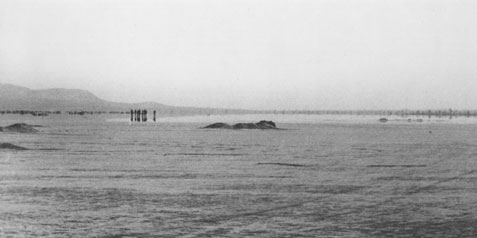USA
Shown in 1971
CREDITS
- dir
-
Peter Watkins
- scr
-
Peter Watkins
- cam
-
Joan Churchill
- cast
-
Carmen Argenziano, Fredrick Frankly, Gladys Golden, Stan Armsted, Luke Johnson, Mark Keats, Mary Ellen Kleinhall, Paul Rosenstein
- prod co
-
Chartwell Films
- source
-
Chartwell Films, Los Angeles
OTHER

The young British director, Peter Watkins, is one of the most politically committed filmmakers of our time. He is ferociously against the plague of war and his initial fame arose when he presented two documentaries on British television: Culloden, a reconstruction of the defeat of the Highland clans after the 1745 Jacobite Uprising, and The War Game, a chillingly realistic view of London after an atomic bombing. These imaginative programs brought world attention to the possibilities of using television as a showcase for criticism of national history. Since these years, Watkins has made several theatrical features; Privilege, an allegorical view of the transformation of a rock ’n’ roll singer into a demagogue, at the mercy of those who control publc media; The Gladiators, a severe examination of the future World War, and Punishment Park. This film is, it seems, the most stringent and denunciatory of all his works so far, a creative act-of-anger against the complacent attitudes of the Hollywood establishment that would never permit such a film to be made under their aegis. In defiance of the deliberate avoidance of studios to make films of critical evaluation of American life and contemporary history, Watkins dramatizes the conflict between young American revolutionaries and a tribunal of government peers, in a United States of the future. An “internal security emergency” had been declared, and after suspected saboteurs have been arrested and held in places of detention, they are offered a choice between the federal penitentiary or “four days in Punishment Park,” an expanse of Southern California desert. A young television director and his crew (seen and heard offscreen) are covering the trials and the horrifying journey of the defendants across the terrain of Punishment Park, fleeing a detachment of police. If the youths reach a certain point within a specified time, they are free; if apprehended by their pursuers, they must go to prison. The film is a masterpiece of the cinema of social criticism—a symbolic look at modern American justice, outraged, tearing the blindfold from her eyes and using it to gag her detractors.
—Albert Johnson
